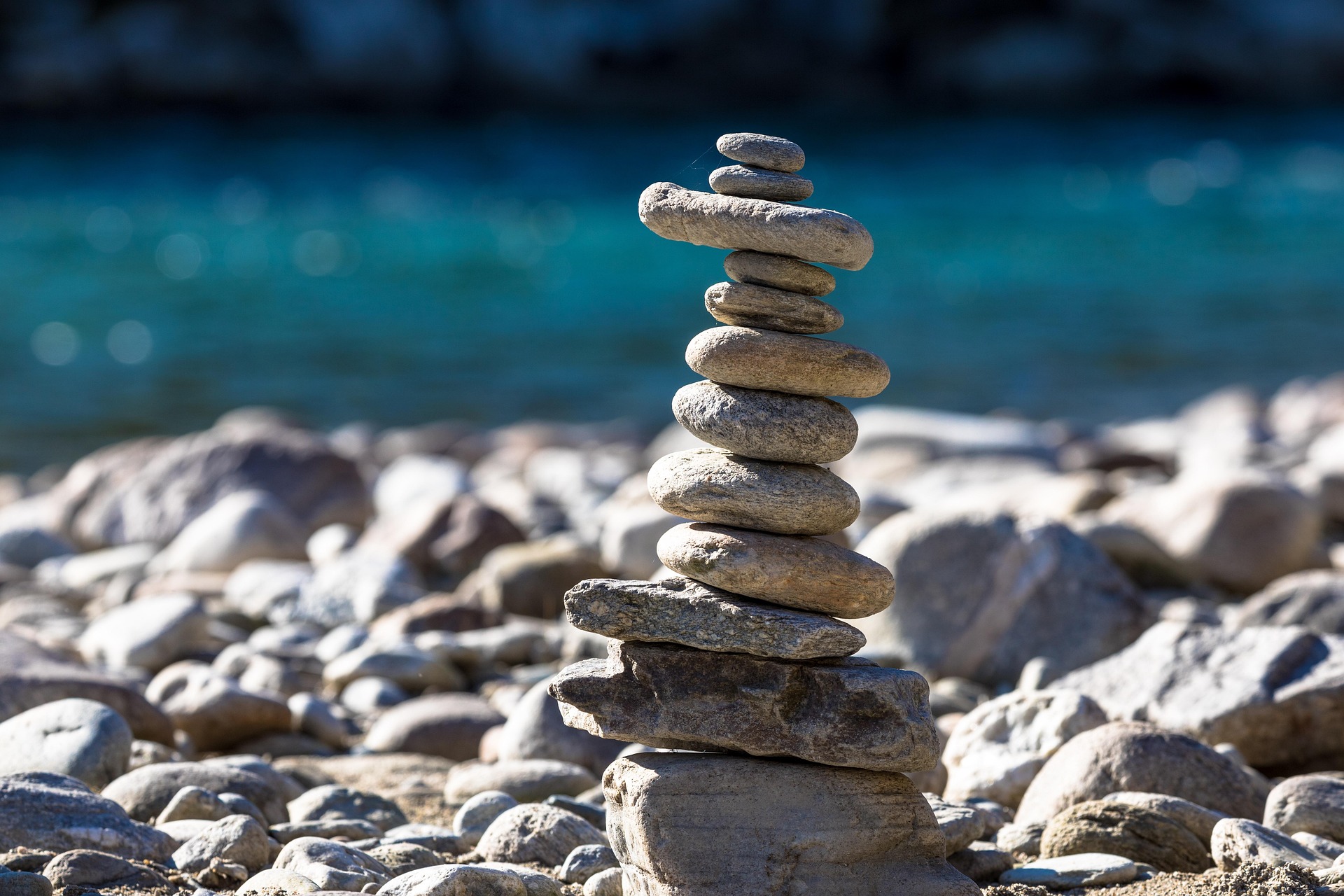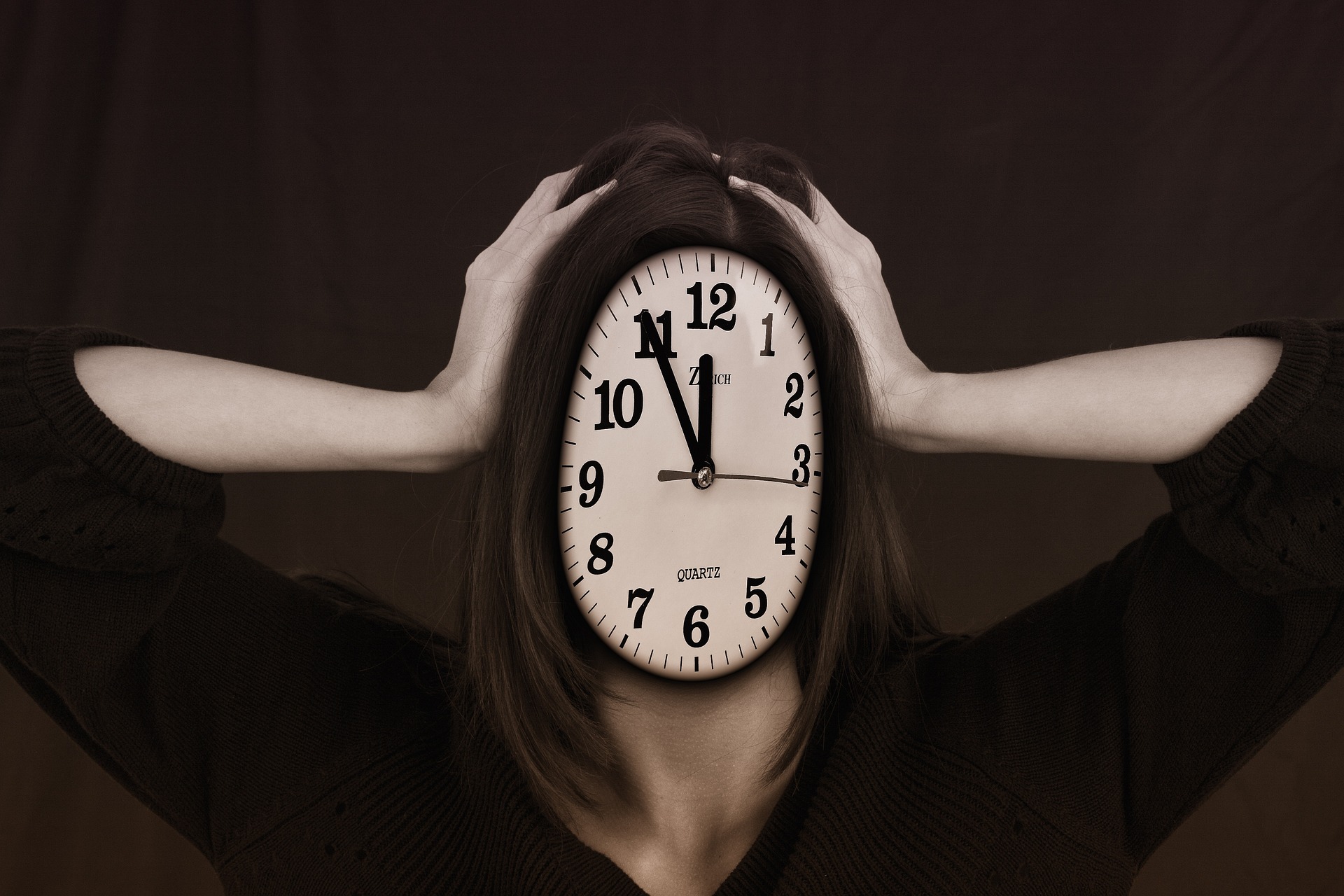Advice on how to think, how to eat, how to live, and how to love – anyone can preach a ‘right way of being’ to others, without needing to have any authority to do so. The world is filled with self-help books, or ‘self-therapy at your fingertips’. Whether there is any actual value in the advice their authors give is debatable, and a step back is needed before blindly following advice on, let’s say, managing your emotions. Even celebrities think of themselves as modern-day Senecas, telling their audiences how to achieve happiness, in a world where influencing is so normalised that it is legitimate to profit off of telling others that they should live like you.
Author: Natalia Laskowska
What we, as humans, long for is to be seen, to be understood. We look in others for the validation of our opinions and choices, for love, friendship, compassion… We will subconsciously go to lengths to gain approval, to be reassured that the choices we make are the right ones. We are constantly pressured to be better, do better. Many are likely to make decisions to align themselves with a particular vision of the world, wishing to change the course of events, others’ opinions or feelings towards them, forgetting the most important needs of all: happiness and freedom.
We want to be free, free to decide, free to change, free to live. The commonplace idea of freedom is that of an absolute freedom, a freedom that allows us to choose everything we experience and what has and has not an impact on us. However, that is often a misconception of what being free is. This goes back to a basic Stoic idea: we do not influence the course of events, the world being entirely determined by a rationality, which we have no control over.
We must become able to distinguish what we do have control over – our thoughts, judgements, and intentions, from what we do not – opinions of others, external events, health… Fighting the natural course of events is resigning ourselves to suffering, choosing a life where we wander, unhappy, without understanding why we can’t achieve that happiness and understanding. Resigning from it is a conscious decision, linked directly with the Logos, the ‘divine rationality embedded in nature itself’.
The only real freedom that we have is the freedom of changing ourselves, changing the way we see and interpret what happens to us. This is a perception of freedom which self-help preaches: we can’t influence the course of events, but can change how we live our lives, modify how we see and react to them. Thus, all the trends targeted towards young women, such as ‘That girl’, ‘Clean girl’, ‘It girl’, aim to convince us that, by changing our way of being, we can change the perception that others have of us, and escape who we are. Well-marketed, unsolicited advice on how to morph into a fulfilled member of our society dictates the right way of living and being happy.
Nevertheless, the idea behind it is not harmful. There are many kinds of self-help, with verified techniques such as mindfulness, meditation, or even auto-hypnosis. Although waking up at 5 to journal, do yoga, drink overpriced matcha, and go to Pilates classes dressed in matching sets are hardly the key to inner balance, I will explain how they are linked. Stoics believe that we have to accept what is not in our control and renounce what is indifferent to us. As Marcus Aurelius explained in Meditations, what is urgent is the necessity to ‘live well’, accomplish the role set out for us by being modest, humble and well-meaning, find an inner balance which will inevitably lead us to eudemonia, being troubled neither from the inside nor the outside, and ataraxia, a state of serene calmness. Nowadays, there are countless tips and techniques to ‘find your inner balance’, ranging from 10-step guides to articles and books about healthy lifestyles, which shows that Stoic philosophy is still very much alive, but has been modified to align with our modern times. To conclude, stoicism is a philosophy that can very much be practiced nowadays, as inner balance, moderation, the attainment of wisdom, and self-control are relevant today more than ever before. These notions are fundamental in our world, where very few people take the time to balance themselves. We resort to modern techniques or follow trends and the direction in which others are moving, yet this philosophy is the perfect remedy for stress and pressure, as well as a way of escaping our consumerist society. It invites us to liberate ourselves from our pleasures and desires by welcoming them with indifference, as true peace and serenity lie in virtue, such as wisdom, courage, justice, and temperance. Stoic concepts can help change our perceptions and improve our physical health, and most importantly, our mental well-being.
Cover picture by: Mike_68 – Pixabay
Edited by: Sophie Van Den Berge, Johanna Larsson Krausová



